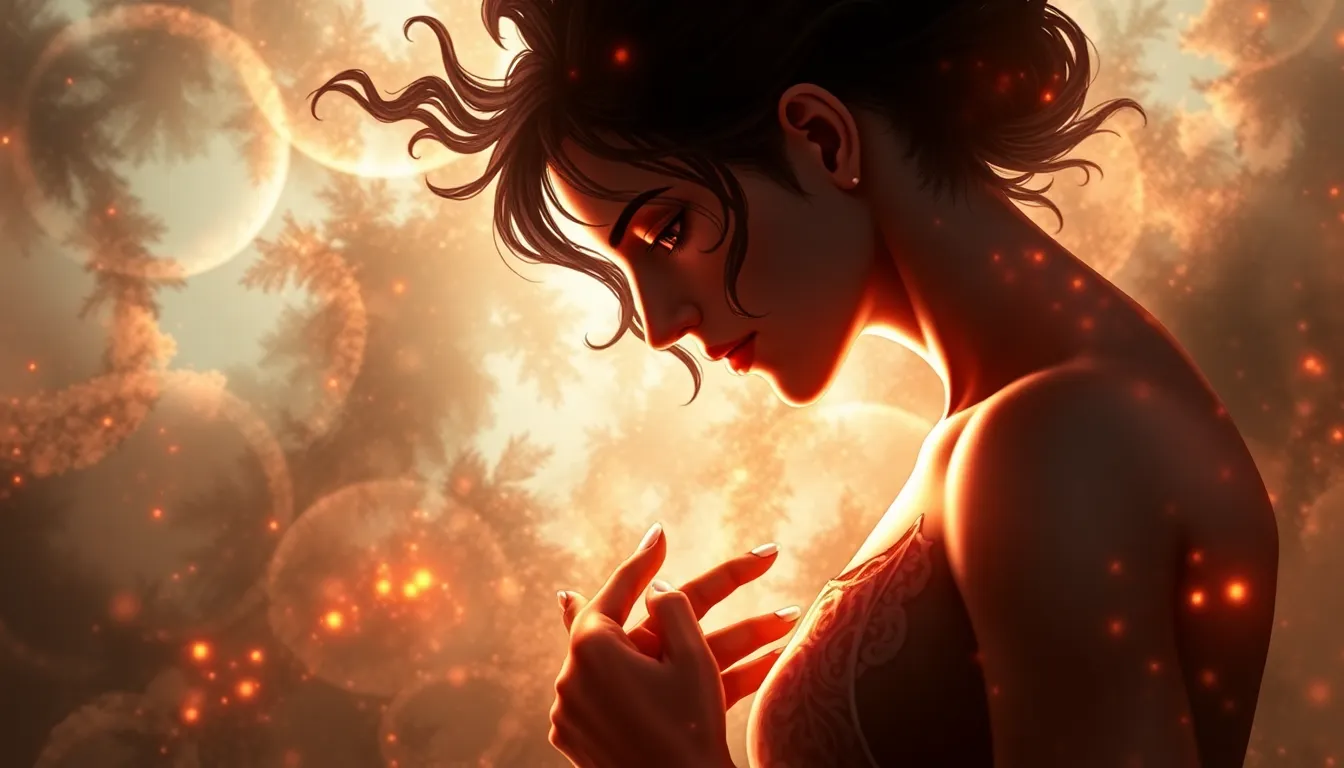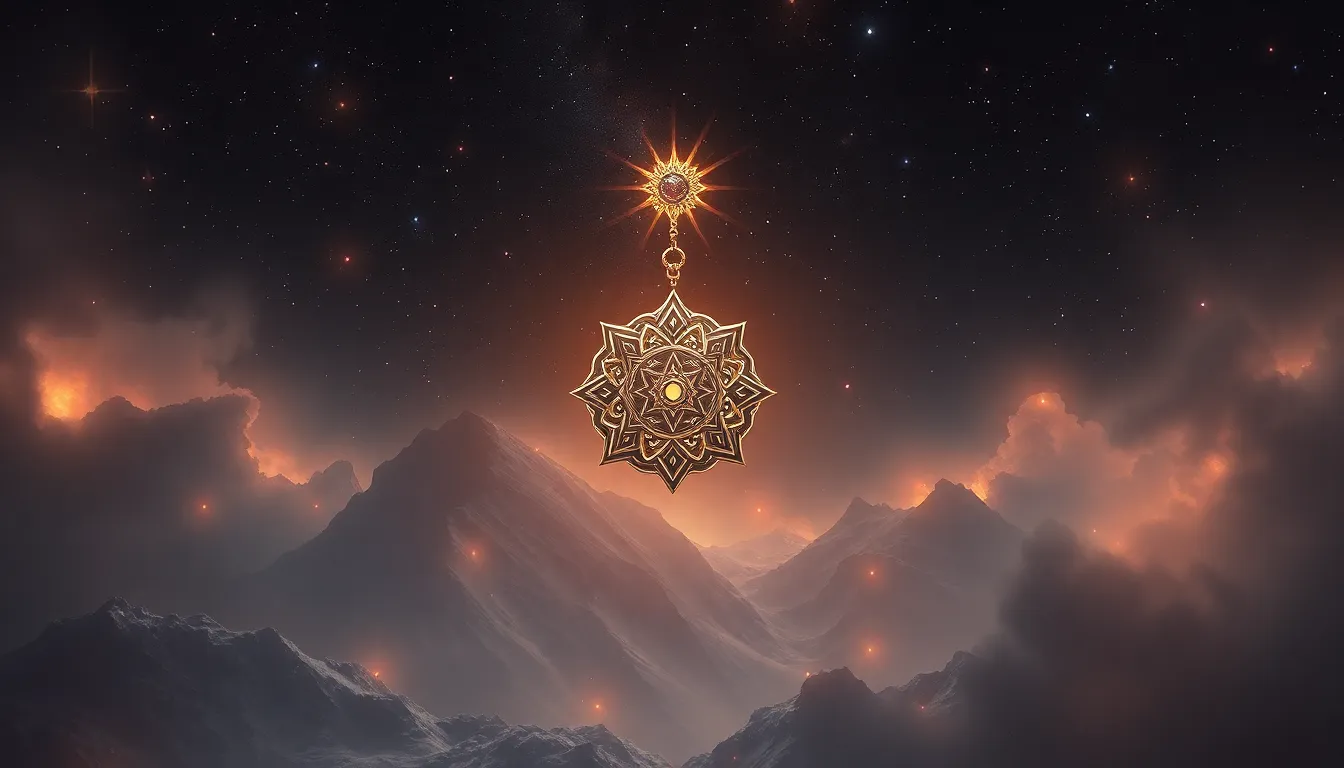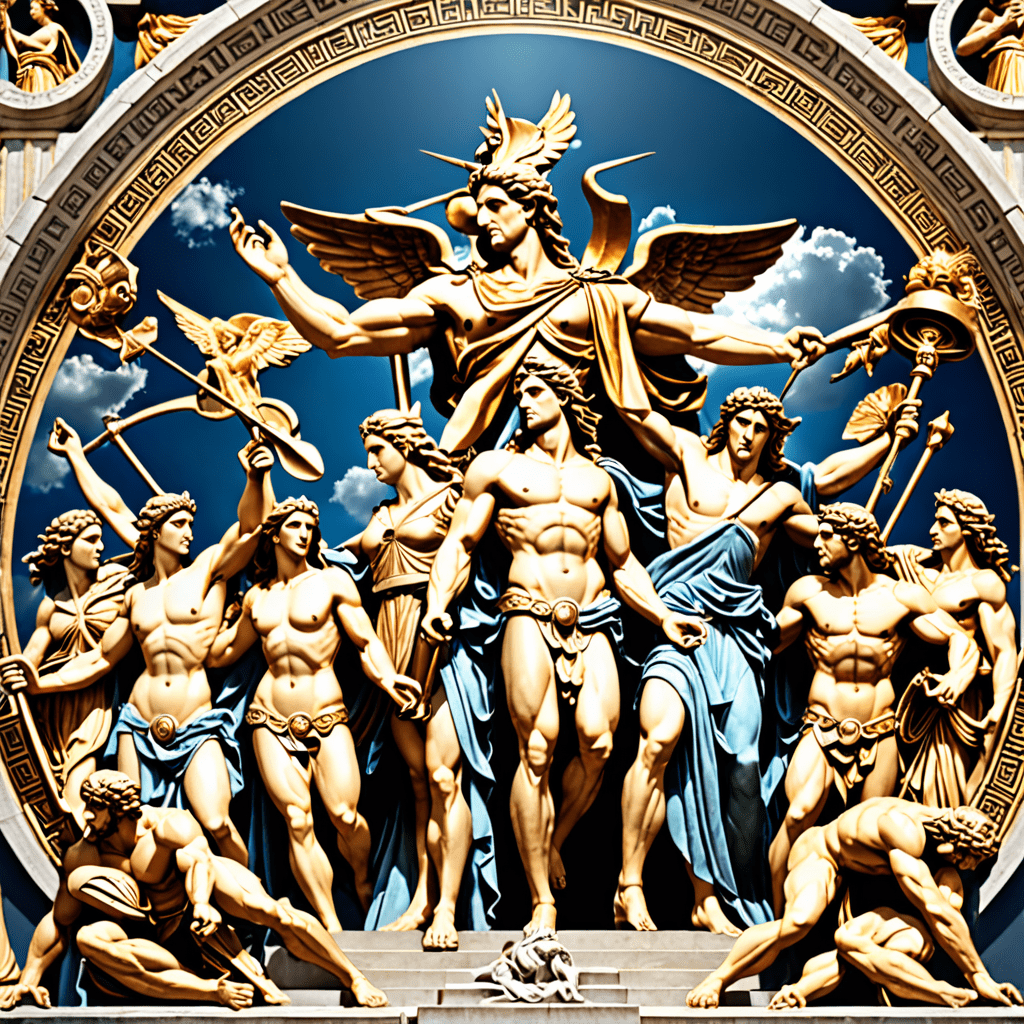The Myth of True Love: Exploring the Ideal in Ancient Lore
Introduction: Defining True Love in Historical Context
True love has been a central theme in human history, evolving through various civilizations and cultures. In ancient times, the concept of love was often imbued with spiritual significance, intertwining romantic sentiments with philosophical and religious ideals. True love, as understood in the context of ancient lore, often transcends mere affection, embodying a deeper connection that reflects both personal and societal values.
It is essential to differentiate between romantic love, characterized by passion and desire, and platonic ideals, which emphasize camaraderie and spiritual connection. Ancient texts and myths frequently blurred these lines, creating a rich tapestry that informs our understanding of love today.
The Roots of True Love in Ancient Mythology
Throughout history, various cultures have venerated deities representing love. For instance:
- Aphrodite – The Greek goddess of love and beauty, symbolizing desire and passion.
- Eros – The Greek god of erotic love, often depicted as a playful force that ignites passion.
- Cupid – The Roman counterpart of Eros, commonly associated with the mischievous nature of love.
These deities not only reflect human emotions but also serve as embodiments of societal ideals, shaping how love was perceived and celebrated. Myths surrounding these figures often illustrated the complexities of love, including jealousy, longing, and the transformative power of affection, thus shaping societal norms and values regarding relationships.
Epic Tales of Love: Legends and Their Lessons
Ancient literature is replete with legendary tales of love, each carrying profound lessons. Notable examples include:
- Romeo and Juliet – While not ancient in the strictest sense, this Shakespearean tragedy draws on themes from earlier myths, highlighting the consequences of familial discord and the intensity of young love.
- Orpheus and Eurydice – This Greek myth illustrates the power of love and the despair of loss, showcasing themes of sacrifice and the lengths one may go to for love.
These stories often revolve around the themes of sacrifice, fate, and the relentless pursuit of love, painting a picture of love as both a beautiful and perilous journey.
Cultural Variations of True Love: A Comparative Study
Different ancient cultures had distinct interpretations of love, influenced by their unique beliefs and values:
- Greek Love – Emphasized physical attraction and intellectual companionship as vital components of relationships.
- Roman Love – Focused on duty and familial bonds, where love was often seen as secondary to social obligations.
- Egyptian Love – Highlighted the divine aspect of love, with gods like Hathor representing the joy and nurturing nature of love.
- Indian Love – Celebrated in texts like the “Kama Sutra,” focused on the spiritual and sensual aspects of love.
These cultural variations reveal how love is shaped by contextual factors, influencing societal perceptions and personal relationships.
The Philosophy of Love: Ancient Thinkers and Their Views
Philosophers throughout history have contemplated the nature of love, often pondering its implications for human existence. Notable thinkers include:
- Plato – Proposed the concept of “Platonic love,” emphasizing an ideal, non-physical connection that transcends the material.
- Aristotle – Viewed love as a form of friendship, where mutual respect and shared values are fundamental.
- Confucius – Emphasized familial love and duty, underscoring the importance of relationships in maintaining social harmony.
These philosophical insights contribute to the ongoing discourse about love as an ideal versus its complex reality, prompting individuals to reflect on their own experiences and beliefs.
The Role of Fate and Destiny in Love Stories
In many ancient love stories, fate plays a critical role, often determining the outcomes of romantic endeavors. For instance:
- In “Pyramus and Thisbe,” fate seals the lovers’ tragic end through a series of miscommunications.
- In “The Iliad,” the love between Paris and Helen is overshadowed by the inevitability of war.
This portrayal of fate raises questions about free will and the extent to which individuals can shape their own destinies in love. The tension between predetermined love and personal choice remains a compelling theme in literature and life.
The Ideal vs. Reality: Disillusionment in Love Narratives
While many ancient love stories celebrate the ideal of true love, they also expose the harsh realities faced by lovers. Tragic tales often reveal:
- Societal expectations that hinder personal happiness, as seen in the constraints placed on characters like Juliet.
- The harsh consequences of love, such as betrayal and loss, which challenge the notion of love as an unerring force.
Such narratives reflect the complexities of love, revealing that the pursuit of true love is often fraught with obstacles and disillusionment.
Modern Interpretations of Ancient Love Myths
Ancient love myths continue to influence contemporary literature and media, providing a framework for exploring the complexities of love. Modern adaptations often reimagine these tales, reflecting current societal values and issues. Examples include:
- Films and novels that reinterpret classic love stories, adding modern dilemmas and perspectives.
- Social media’s portrayal of love, which often contrasts with the idealized versions found in ancient texts.
These reinterpretations highlight the timelessness of love’s challenges and the enduring quest for connection in an ever-evolving world.
Lessons from the Past: What Ancient Lore Teaches Us Today
Ancient love ideals offer valuable lessons for modern relationships. Understanding these myths can inform contemporary views on love and commitment, encouraging individuals to:
- Recognize the importance of sacrifice and compromise in relationships.
- Embrace the complexities of love, acknowledging that it can be both beautiful and painful.
- Foster deeper emotional connections that transcend mere physical attraction.
By reflecting on the wisdom contained in ancient lore, individuals can navigate their own love lives with greater insight and understanding.
Conclusion: The Enduring Legacy of True Love Myths
The myths of true love endure through time, shaping the human experience and influencing societal norms. As individuals continue to search for the ideal in love, these ancient tales serve as both a mirror and a guide, illuminating the complexities of love in a modern world. The pursuit of true love remains a profound and universal journey, connecting us to our past while informing our present and future.



